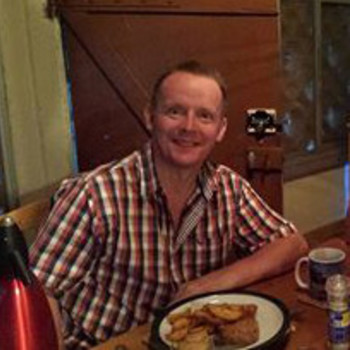When can nuclear fusion and nuclear fission reactions take place?
1 Answer
Nuclear fission and fusion can happen in a number of ways.
Explanation:
Nuclear fission is the process by which the nucleus of a heavy element splits into two or pieces releasing energy. This process is triggered by the nucleus absorbing a neutron. Fusion reaction usually involve isotopes of Uranium or Plutonium, though is can occur in other elements.
Fusion reactions are most common in nuclear reactors. This is where a controlled fission reaction is used to generate electricity.
Uncontrolled fission reactions are the basis for atomic bombs. Early atomic bombs were purely fission bombs. Later atomic bombs use the fusion bomb as a trigger for a fusion reaction.
Fission can also occur naturally. If Uranium or is concentrated in the right conditions, fission reactions can start and continue for may years. A site in Gabon is the only place where there is evidence of fission reactions occurring naturally on Earth.
Nuclear fusion is the process where the nuclei of light elements fuse into a heavier element releasing energy. This process usually involves Hydrogen. For fusion to take place very high temperatures and pressures are required.
The commonest place where fusion takes place is in the cores of stars.
It is possible to start a fusion reaction in a laboratory. Attempts are being made to create a sustained fusion reaction which would make a good clean power source.
The other form of fusion reaction is the Hydrogen bomb. This in fact involves both fission and fusion reactions. A fission reaction creates the temperatures and pressures required for fusion to take place.

